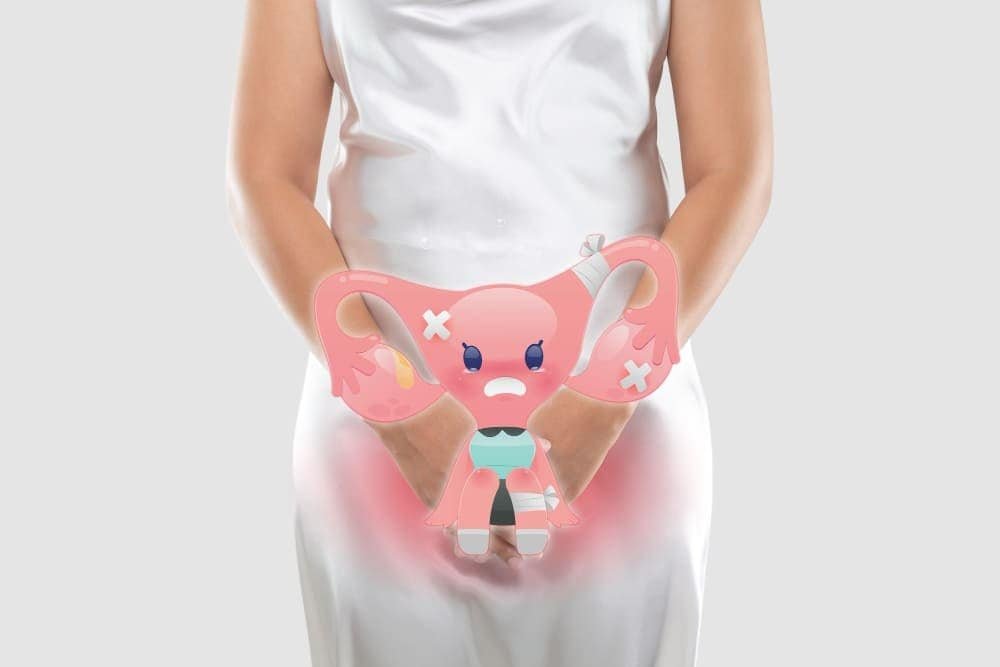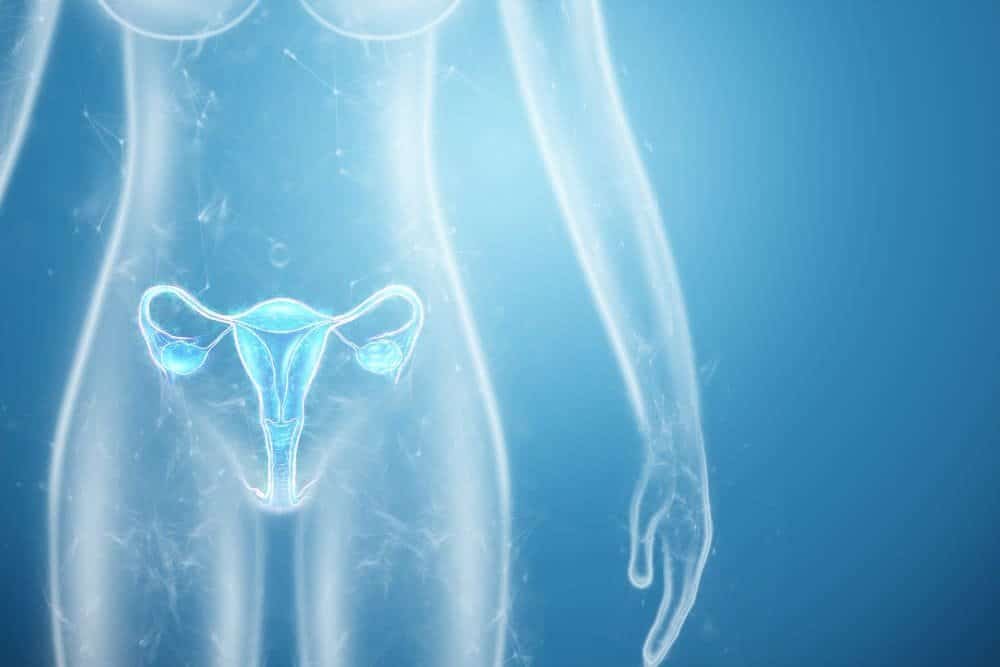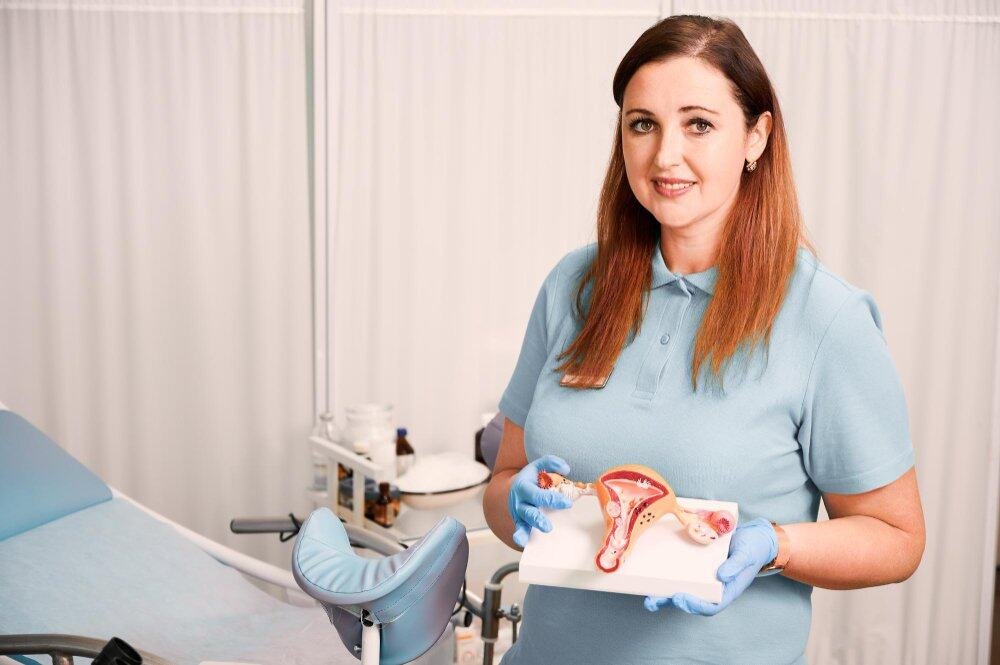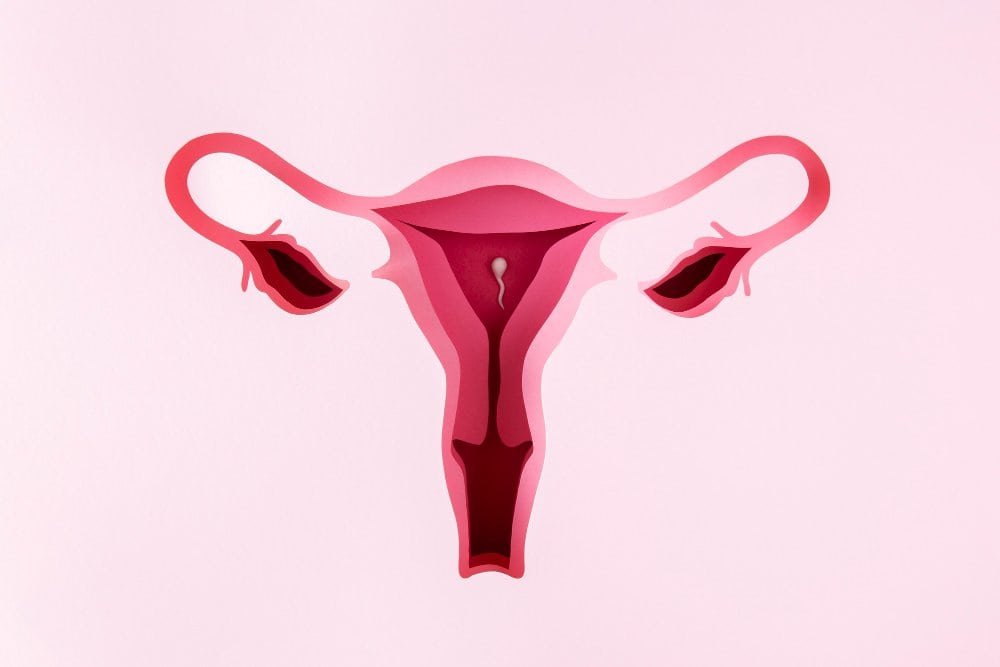The uterine fibroid embolization success rate tells patients how effectively UFE relieves symptoms like heavy bleeding, pelvic pain, and bulk pressure while preserving the uterus and avoiding surgical removal.

Why Success Rate Matters in Fibroid Treatment
Women facing uterine fibroids have options: medication, myomectomy, hysterectomy, or uterine fibroid embolization (UFE).
Choosing the right procedure can shape fertility, recovery time, and long-term health. So knowing which treatment works — and how well — truly matters.
UFE has become a popular minimally invasive treatment because it:
- Shrinks fibroids
- Relieves symptoms
- Preserves the uterus
- Avoids major surgery
- Allows faster recovery
But how successful is it really? Let’s break down the data clearly and simply. 💛
What Is the Uterine Fibroid Embolization Success Rate?
Evidence from clinical studies shows:
UFE is successful in relieving fibroid symptoms in 85%–92% of patients.
Most women experience major improvement in:
- Heavy bleeding
- Pelvic pressure
- Pain
- Bulk-related symptoms
- Menstrual irregularities
For many, UFE is an effective procedure offering long-term relief.
This makes UFE a strong alternative to hysterectomy and myomectomy, especially for women wanting to avoid the removal of the uterus.
How UFE Works — And Why It’s So Effective
UFE works by:
- Guiding a tiny catheter into uterine arteries
- Blocking blood supply to fibroids
- Causing tumors to shrink over time
- Relieving symptoms gradually over months
It is performed by a specialized interventional radiologist using X-ray imaging for precision.
Unlike surgical removal of individual fibroids, UFE can treat multiple fibroids at once, including deep or hard-to-reach tumors.
That is one reason the success rates of UFE are so high — it targets the root problem, not just one fibroid.
Success Rates Compared to Other Fibroid Treatments
| Treatment | Success Rate | Notes |
|---|---|---|
| UFE | 85%–92% | Minimally invasive, uterus preserved |
| Myomectomy | 80%–90% | Surgical removal, recurrence risk |
| Hysterectomy | 98%+ | Removes uterus, not for future fertility |
| Medication | Temporary relief | Symptoms often return |
UFE provides success comparable to surgery for symptomatic fibroids — without major surgical risks. ✅
UFE and Fertility Outcomes
UFE is considered uterus-preserving, but patients planning future pregnancy should discuss options carefully.
Some evidence shows UFE can support successful pregnancies in selected cases, while myomectomy remains standard for fertility-focused treatment.
Dr. Samir evaluates each case individually to determine the safest approach for fertility preservation.
Recovery & Long-Term Results

One reason UFE is loved by patients is the shorter recovery time:
- Same-day discharge or overnight stay
- Back to routine activities in 7–10 days
- Gradual symptom improvement over 3–6 months
Long-term success rates remain high, with most women reporting sustained relief years later.
Repeat treatment is only needed in 8%–15% of cases — similar or better than traditional surgical outcomes.
Potential Complications — Rare but Important to Know
UFE is safe when performed by trained embolization specialists. Still, patients should know potential complications of uterine fibroid embolization may include:
- Temporary pelvic pain or cramps
- Low-grade fever
- Post-embolization syndrome (short-term fatigue, mild fever)
- Rare infection
- Rare ovarian function changes, more common near menopause
These effects usually settle with medication and time. 💊
Most women describe UFE as well-tolerated and worth the relief it brings.
Why Imaging & Diagnosis Matter
Before UFE, women usually undergo:
- Pelvic ultrasound
- Magnetic resonance imaging (MRI) for fibroid mapping
MRI helps your doctor:
- Evaluate fibroid location & size
- Predict UFE success
- Confirm no other uterine condition (like adenomyosis alone)
- Plan a targeted and safe procedure
Good imaging = better outcomes ✅
Who Is the Best Candidate for UFE?
UFE is ideal for:
- Symptomatic fibroids
- Women wanting a nonsurgical option
- Women who want to avoid hysterectomy
- Multiple or large fibroids
- Those medically unfit for open surgery
- Women not planning immediate pregnancy
Your radiologist will evaluate indications and guide whether UFE suits your goals.
When UFE May Not Be the Best Option
UFE may not be recommended if:
- Pregnancy is the immediate goal
- Fibroids are extremely large and calcified
- There is suspected cancerous mass (rare)
- Severe endometrial cavity distortion needs surgical correction
Every woman deserves a personalized evaluation — there is no one-size-fits-all in fibroid care.
Real-World Patient Experience
Women often report life-changing results:
- Lighter periods 🌸
- Less pelvic pressure
- Improved comfort and mobility
- Better energy and confidence
Quality of life improves — that’s the real meaning of a high uterine fibroid embolisation success rate.
A Proven, Gentle Path to Fibroid Relief
UFE has earned its reputation as a safe, highly effective procedure backed by medical studies and real patient results.
With 85%–92% success, uterus-preserving benefits, and quicker recovery, it stands as a trusted treatment option for women seeking freedom from fibroid symptoms without major surgery.
Your journey deserves expertise, precision, and compassionate care — and UFE offers exactly that.
If you’re symptomatic and want to avoid hysterectomy, book an imaging-based evaluation with an interventional radiologist to evaluate indications, technique, and expected outcomes tailored to your case.
Dr. Samir Abdel Ghaffar
Consultant of Interventional Radiology
Specialized in Uterine Fibroid Embolization without surgery
Precise care. Evidence-based results. Patient-centered outcomes.

 العربية
العربية 


